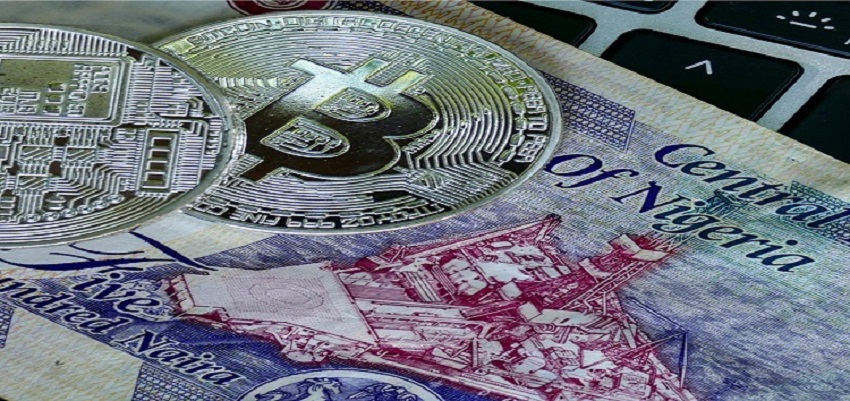CBN LIFTING THE CYPTO BAN AND WHAT IT MEANS TO THE NIGERIAN CYPTO USERS
Recall that in February 2021, at the onset of the last bull run, the Central Bank of Nigeria (CBN) threw a regulatory curveball at the nation’s crypto enthusiasts by imposing a ban on transactions between banks, crypto exchanges and individuals.
Hence the comprehensive crypto ban on banks engaging with digital currencies, the Central Bank of Nigeria (CBN) finally lifted its restrictions on Nigerian banks facilitating cryptocurrency transactions in the closing days of 2023.
In the circular sent to banks on December 22, 2023, the CBN significantly recognized that the increasing global demand and adoption of crypto make it unjustifiable to maintain the stringent restrictions imposed on financial institutions in 2021.
As a result of this, the crypto ban sent ripples throughout the crypto market and reshaped the landscape for Nigerian users with many crypto exchanges and companies in the country closing shop, while others had to improvise to stay in business, the ban been lifted, 2024 developmental segment is said to have opened a new chapter for Nigerian crypto users, providing them with the freedom to transact through their bank accounts once again.
But Was the Reason Behind the Enforcement Ban Placed on Nigeria against Crypto.
In February 2021, the problematic diaspora l surrounding the Crypto ban in Nigeria was stemmed from Central Bank’s concerns over the potential risks associated with crypto transactions. Citing issues like money laundering and terrorist financing, the CBN aimed to safeguard the financial system. However, this move was met with mixed reactions, with crypto enthusiasts expressing frustration over what they perceived as a stifling of innovation.
Here Are The Immediate And After Effect Of The Ban In The Nigeria CRYPTO Stock Market.
It was reported that the ban had an immediate and profound impact on the Nigerian crypto market. Now unable to use their bank accounts for transactions, Nigerian crypto users had to turn to peer-to-peer marketplaces, seeking alternative avenues to buy and sell cryptocurrencies.
However, this development unfolded another level of risk and fraud. Firstly, peer-to-peer marketplaces proved clumsy and cumbersome for many newbies who did not possess the skill and dexterity required to navigate them. Nigerian crypto users had to turn to peer-to-peer marketplaces, seeking alternative avenues to buy and sell cryptocurrencies.
The inconvenience of circumventing the crypto ban led to a decline in the ease and speed of transactions on Nigerian crypto exchanges which had to devise smarter ways for users to deposit money into their accounts, thereby hindering the overall user experience
Additionally, with stories of users falling victim to fraudulent schemes circulating within the community, many Nigerian crypto users had to face varying degrees of fraud, scam, extortion and manipulation at the hands of P2P vendors. Peer-to-peer transactions introduced an element of vulnerability, as users had to rely on trust rather than established financial institutions. Scams became a prevalent concern.
Owing largely to the bull market of 2021 and early 2022 – leading to international analytics platforms like Chaina lysis ranking Nigeria as the largest crypto market in Africa and one of the best in the world. Nevertheless, the trading volume of the Nigerian crypto market grew in leaps during this period.

Source: TechNext

